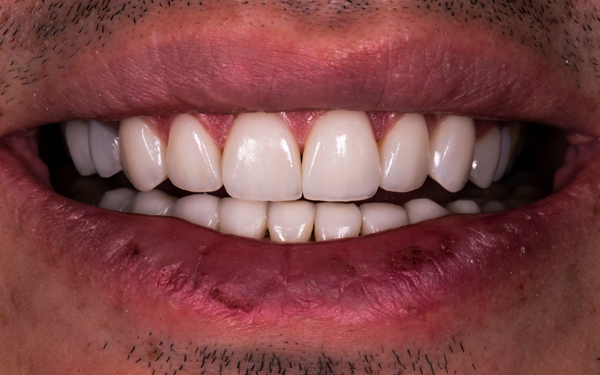How a General Dentist Can Treat a Tooth Infection
 Extreme tooth pain often leads to an appointment with a general dentist for an exam of the mouth to reveal the source of the problem. If a tooth infection is discovered, it is important to follow the advice of the dentist, as these do not go away on their own. A dentist may address the infection through medications or a procedure that targets the tooth directly.
Extreme tooth pain often leads to an appointment with a general dentist for an exam of the mouth to reveal the source of the problem. If a tooth infection is discovered, it is important to follow the advice of the dentist, as these do not go away on their own. A dentist may address the infection through medications or a procedure that targets the tooth directly.
What causes a tooth infection?
A tooth is very much alive, with the inside containing nerves, blood vessels, and connective tissues. If a tooth is damaged, whether from being cracked or chipped or containing a cavity, bacteria can enter and take up residence in the dental pulp. When this occurs, an infection can set in and spread throughout the interior of the tooth and down to the root. Inflammation and swelling occur at the tip of the root, though symptomatic pain may spread through the tooth and jaw. The buildup of pus around the root leads to a condition of an abscessed tooth.
Risk factors for infection
Several things can increase the risk of developing an abscess. A diet filled with foods and drinks rich in sugar can lead to an increased risk of dental cavities, which in turn allow entry for bacteria. Insufficient and improper dental hygiene increases the potential for gum disease, tooth decay, and other mouth or dental complications.
Symptoms of infection
Many patients experience severe, throbbing pain in the infected tooth, with the pain often radiating out into the jawbone, neck, and ears. Even when pain is not present, a patient may experience sensitivity to cold or hot temperatures with foods and liquids and sensitivity when chewing or biting. The infection may bring on fever and cause swelling in the lymph nodes in the neck or under the jaw. The patient’s face or cheek may swell on the side of the infection.
What can a general dentist do for a tooth infection?
A dentist recommends treatment for an infected tooth based on how serious the abscess may be. Dentists typically not only clear the infection but also advise their patients on how to prevent a recurring issue. To clear an infection, a patient may be prescribed an oral antibiotic to address the bacteria and prevent it from spreading. For a simple abscess, a patient may undergo a root canal in an effort to both get rid of the infection and preserve the tooth. A more serious abscess may require the tooth to be drained before a root canal is performed. In extreme cases, a general dentist may recommend that the tooth be extracted.
Abscess prevention
Proper dental hygiene reduces the risk of developing an infection. Brush and floss twice a day, thoroughly cleaning all surfaces of the teeth and in between. Limit sugary items in the diet and consider using a mouthwash or rinse to control the growth of bacteria and prevent tooth decay.
Conclusion
A tooth infection is a painful condition that must be treated by a dentist. Schedule regular dental exams to look for signs of potential trouble.
Request an appointment or call Queens Family Dental at 718-954-9425 for an appointment in our Flushing office.
Recent Posts
Many patients visiting a general dentist do not fully understand the use of dental X-rays. Patients may wonder if this type of imaging is completely necessary, and it is important to understand the risks and benefits of the procedure. Dental X-ray exposure is safer than ever before, and when patients are knowledgeable about the procedure,…
Tooth extraction frequently occurs in the office of a general dentist for a variety of reasons, including:Bacterial decayAccidental breakageOvercrowdingImpactionMost patients are more concerned about the gap the tooth leaves behind than its fate outside their mouths. An extracted tooth usually takes one of the following paths, depending on whether the dentist or the patient claims…
A general dentist often focuses on the importance of oral hygiene and how it can help the overall health of patients. There are many patients who are unaware of the impact that oral health can have on the heart’s health. The following explains how poor oral hygiene may be connected to the development of heart…


